We were in exactly the same situation and bought a Fuji camera. We are very happy with our decision as we can shoot both ‘normal’ photography with the feeling of a nice camera body and astrophotography on a beginner level.
The results we got so far exceeded our expectations by far, we posted some of our images here in this sub or here in full resolution .
One thing to keep in mind is that normal cameras block most of the infrared light, which makes it unsuitable for shooting hydrogen nebulae. That’s a minor reason why we eventually chose a Fuji camera, as they filter a bit less infrared than other brands.
In the end the biggest impact makes the lens/telescope. After a lot of research we chose the Samyang/ Rokinon 135mm f2.0 lens. Also we found it very rewarding shooting with such a ‘small’ focal length because it forgives minor inaccuracies while giving very good results.
For us the biggest reasons for this hobby are to experience the night sky with our own equipment and learning very much (about physics, processing the data, cameras, …). Both things can be achieved with modest equipment and I would keep that in mind when comparing own images with others. Also I personally love the challenge to get the best possible results with things you already have.
Hope that helped a bit.

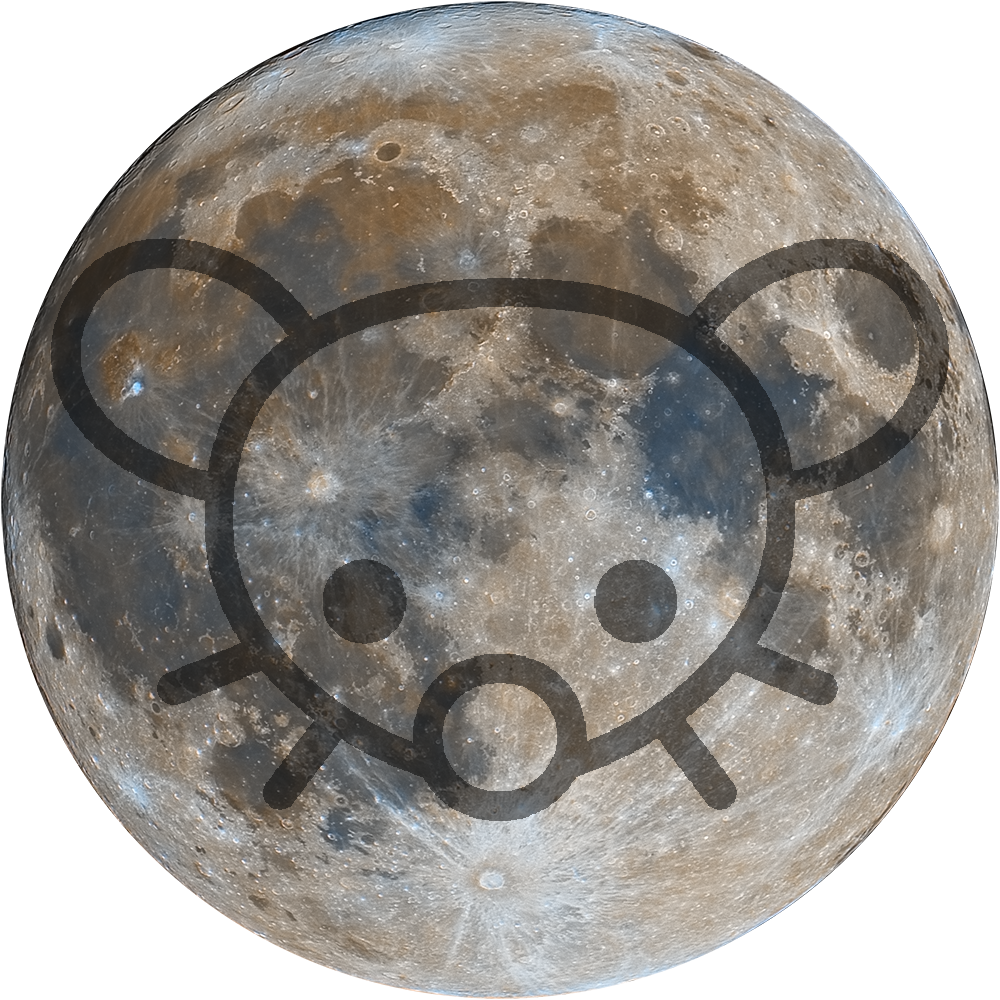

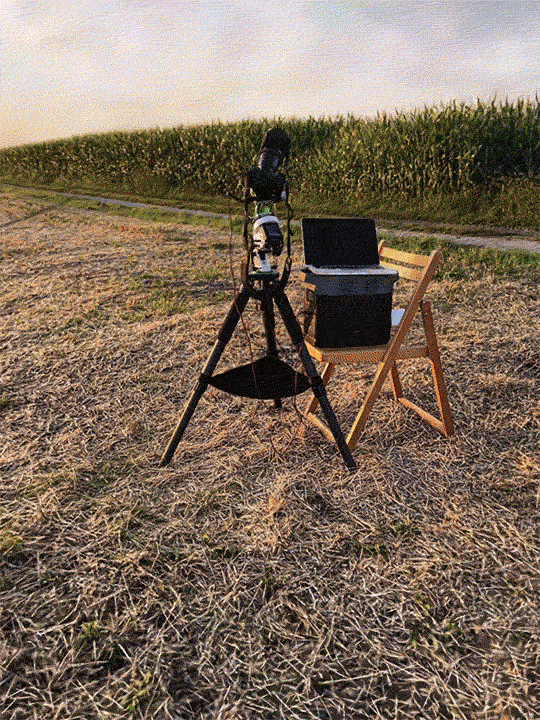
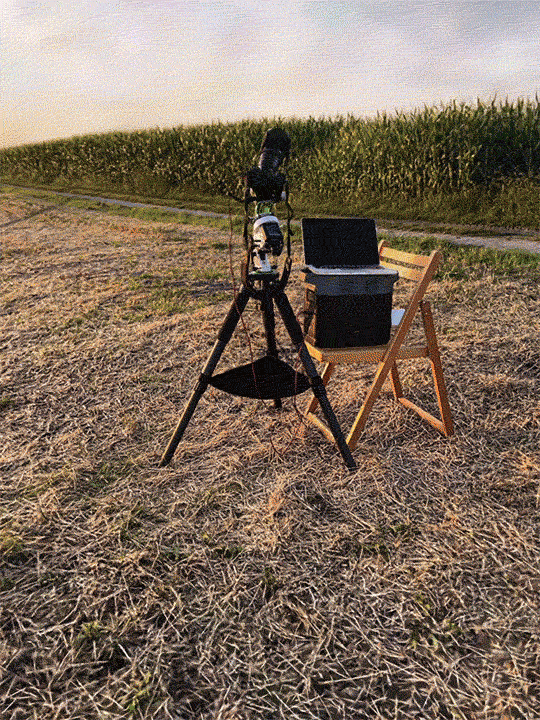

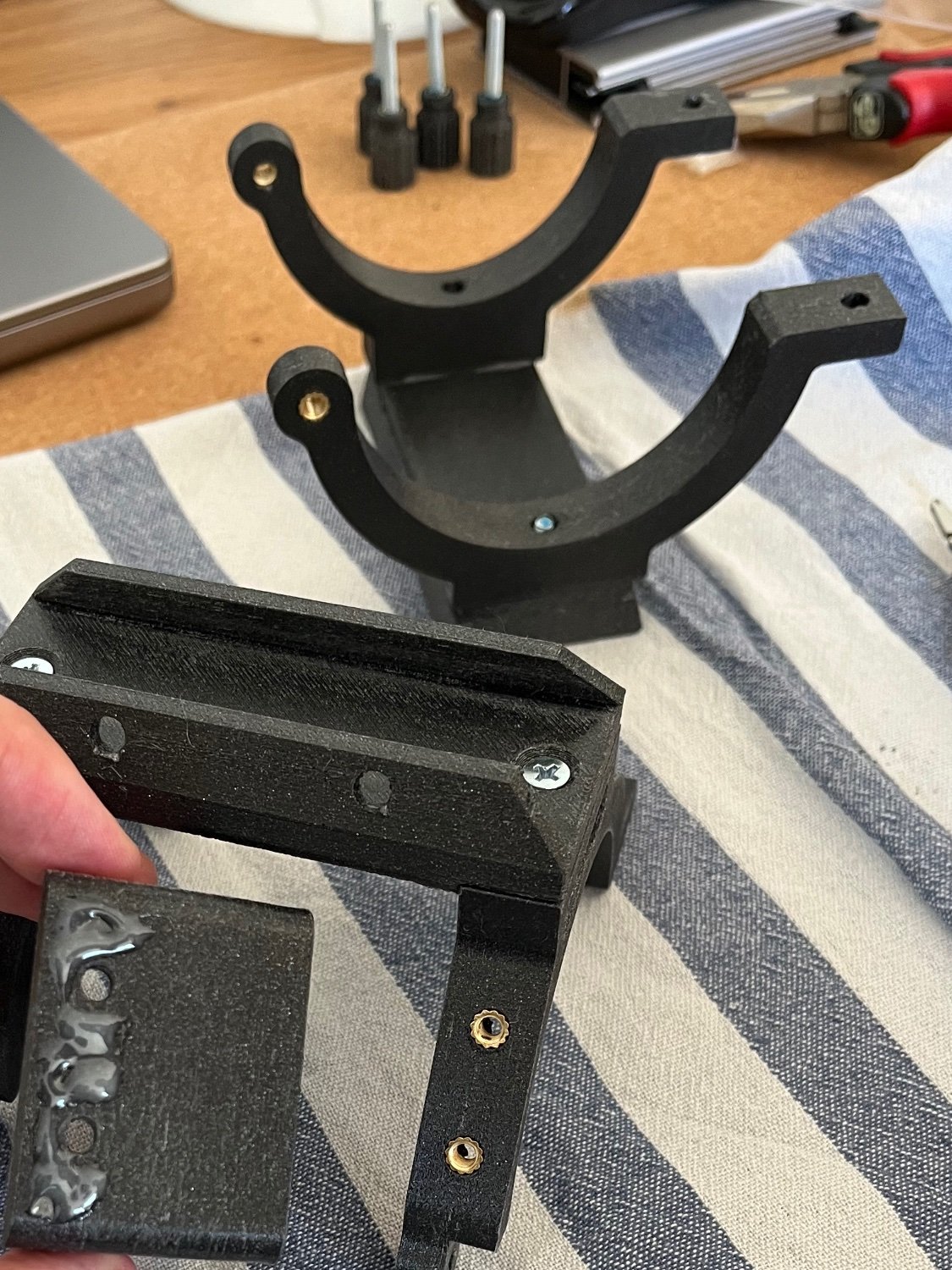
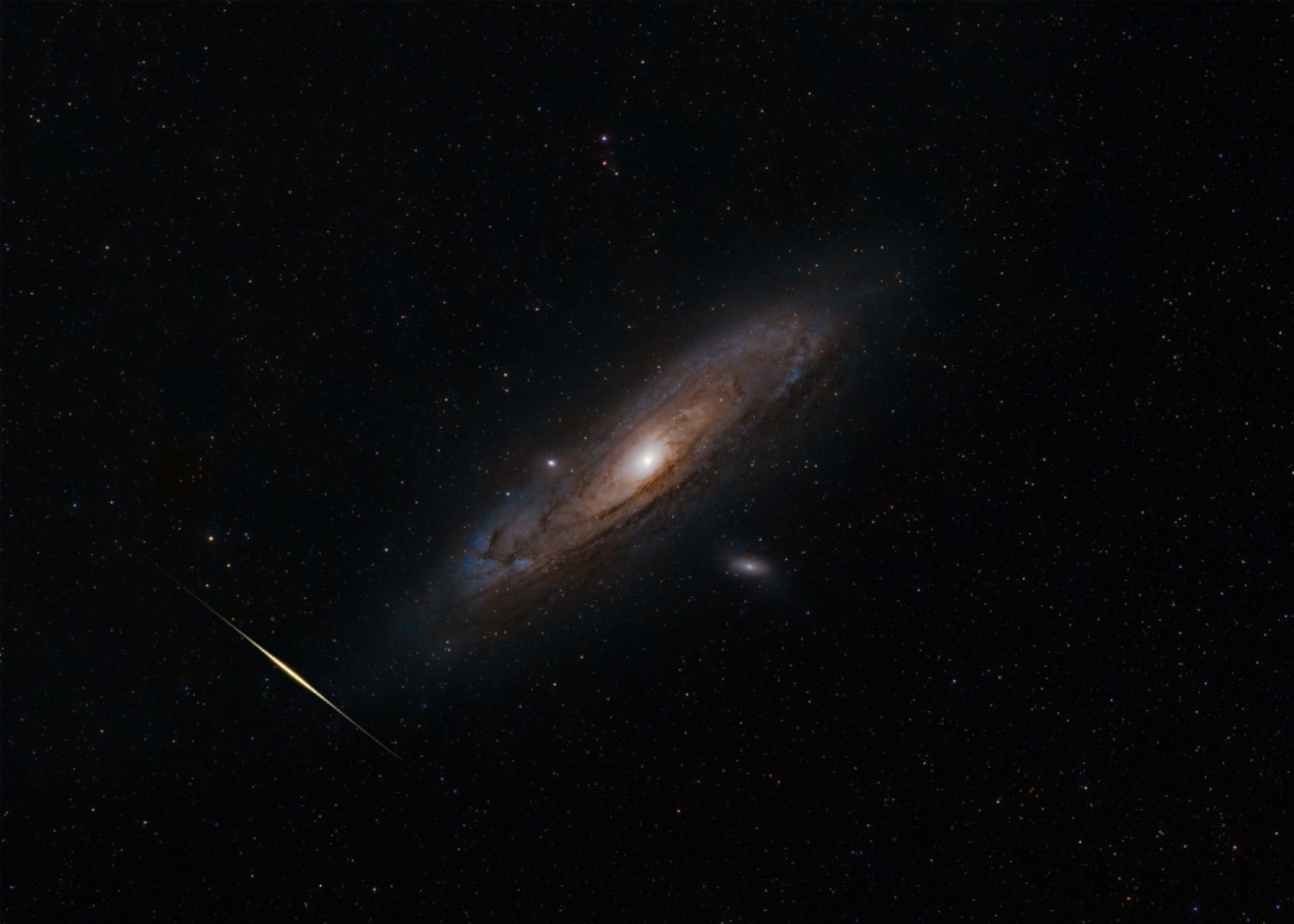


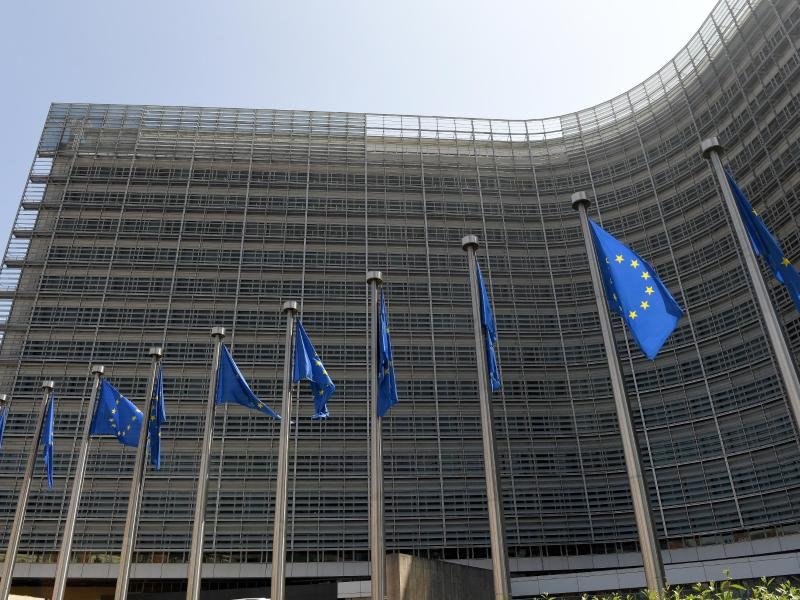
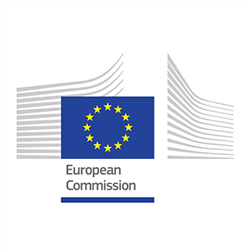
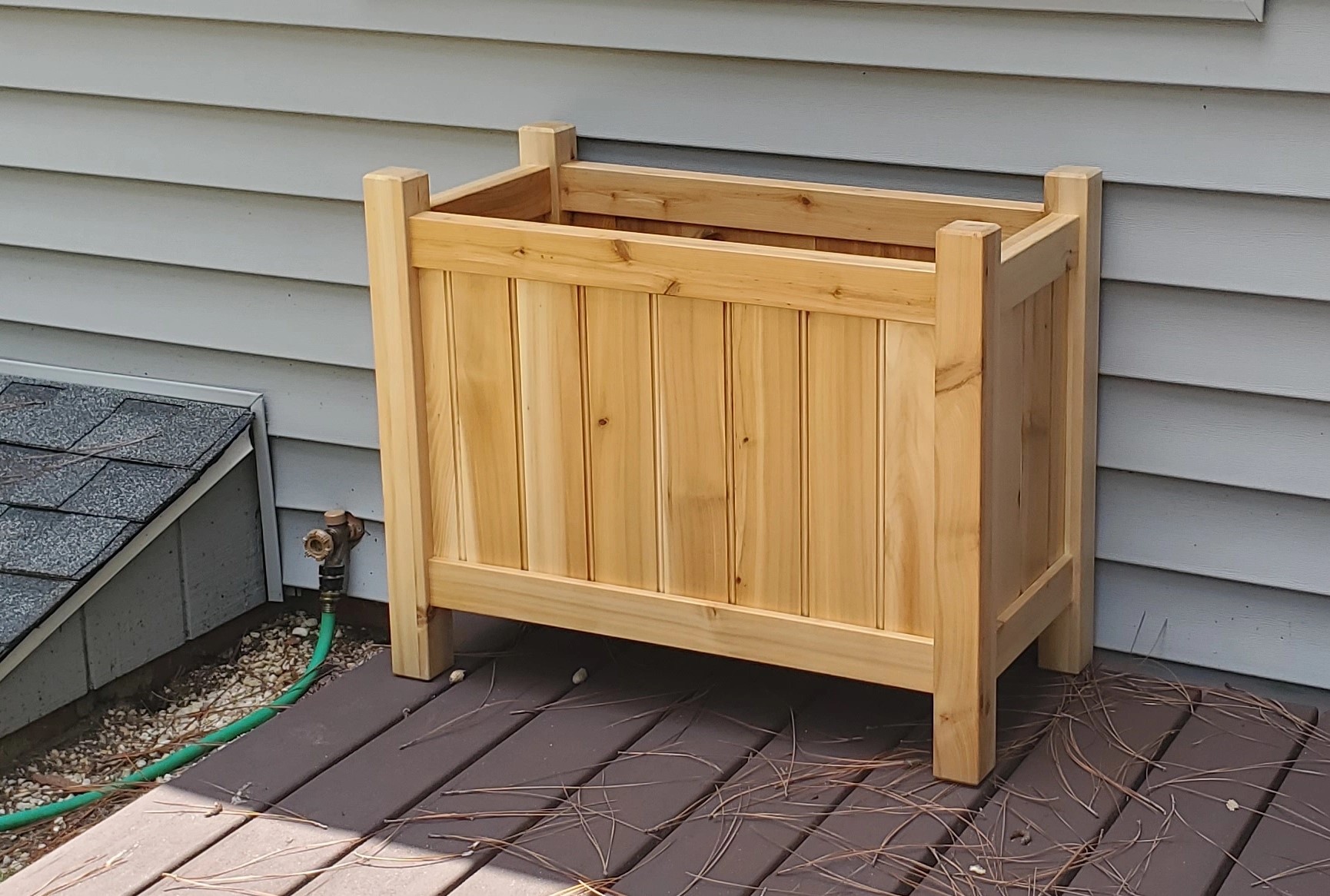
I couldn’t agree more, thank you for sharing so much information!